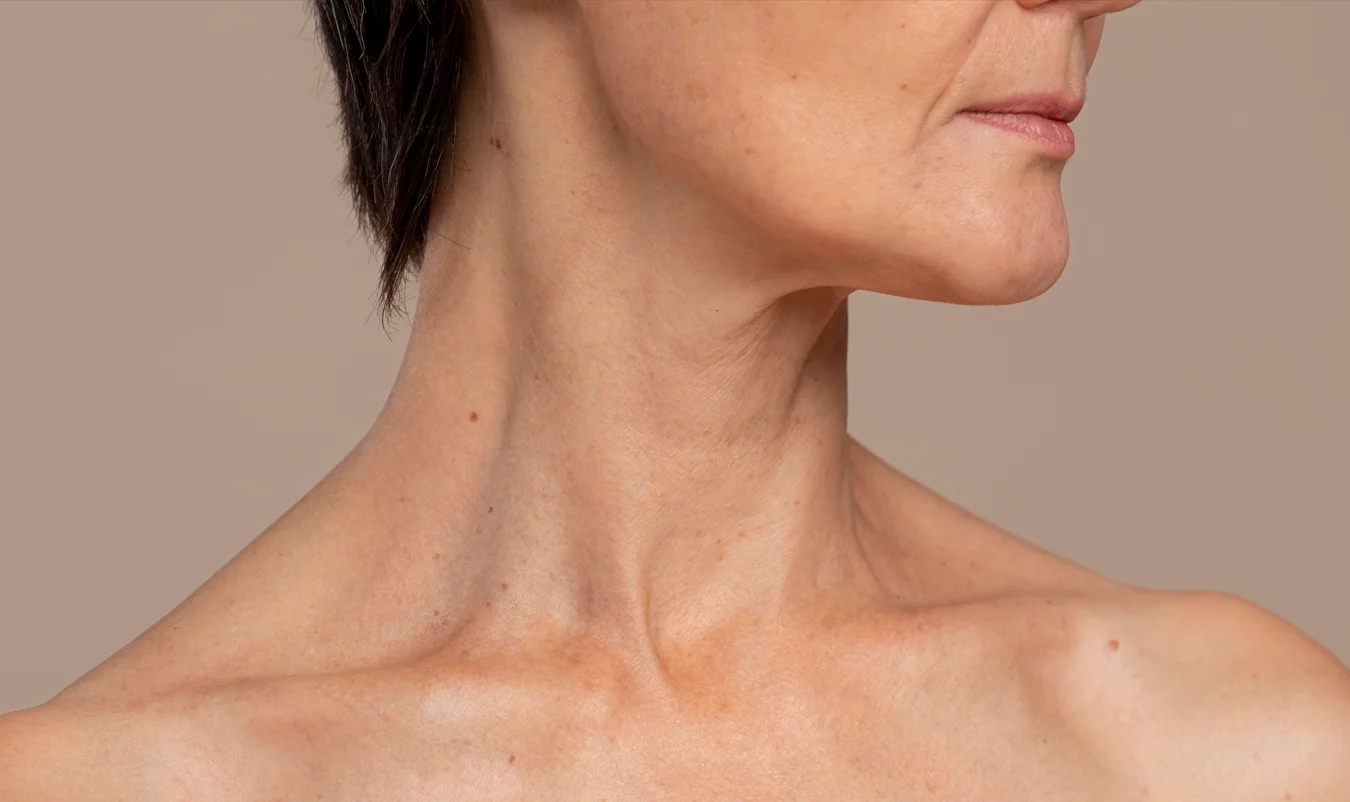
Physiotherapy is a very advantageous subspecialty treatment for injury, dysfunction, and illness. Using particular physical techniques, it helps restore mobility, function, and movement to the damaged region. Physiotherapy employs research-based knowledge of how the body functions and medically-approved treatment techniques.
Moreover, physiotherapy is incredibly beneficial for preventing additional injury or damage to the previously stressed body component. It is pretty popular since individuals of all ages may reap its benefits by controlling and maintaining excellent health and physique, hence preventing accidents or illness.
Here is a list of potential benefits you may get from physiotherapy.
Pain elimination or reduction
The use of therapeutic procedures and exercises, such as Soft Tissue Mobilization or the utilisation of modalities such as TENS, IFC, and Ultrasound, is beneficial for patients with arthritis, muscular strain/sprain, or tendonitis. These treatments assist in alleviating discomfort and restoring normality.
Alternative to surgery
Let’s confront reality. Nobody desires to attend a hospital or endure surgery during these difficult epidemic times. Nonetheless, there are circumstances where surgery is the only viable option. Physiotherapy can prevent this by controlling and repairing the condition in its earliest stages. It is also helpful in pre- and post-rehabilitation programmes to reduce the risk of surgical complications.
Enhancing total strength and coordination
In addition to reducing pain during or after a surgical procedure, PT helps improve the body’s strength and resilience. Are you aware that physiotherapy includes specialised workouts and stretches that aid in the body’s accumulated coordination? So, you should contact your local physiotherapists if you are experiencing vertigo or dizziness.
Lowering reliance on medications
Every patient who takes medication will experience a side effect at some point in their lifetime. Some circumstances necessitate a patient to take medication to regulate or treat their condition. Nonetheless, there are circumstances, such as surgery, where a patient depends on medication for pain management. We recommend physiotherapy as an alternate method for addressing this issue and reducing medication dependence and adverse effects.
Enhancing cardiovascular health and lung capacity
Surgery following a stroke necessitates intensive care and a rehabilitation regimen. Physiotherapy assists individuals recovering from a stroke in regaining their mobility, balance, and sense of direction. Physiotherapists help patients readjust to a healthy daily routine. Consult physiotherapists for specialised breathing exercises that restore healthy lung capacity and blood circulation.
Management and prevention of sports injuries
ACL Tears, Golfer’s Elbow, and Hamstring Strains, to mention a few, are just a few of the sports-related injuries that a lack of agility can exacerbate. In such circumstances, physiotherapy is crucial and beneficial since it gives highly specialised treatment to enhance endurance and resolve the symptomatic issue. Apart from injuries, athletes can benefit from regular physiotherapy treatments.
Maintaining fitness at all ages and stages
Sometimes, old age is unpleasant. It carries with it several issues that hinder daily life. Included are Rheumatoid Arthritis (RA), Osteoporosis, Sciatica, Dementia, Neck discomfort, Back pain, and Knee Replacement, among others. Physiotherapy can treat and manage all of these problems.
Handling heart disease and diabetes
It has frequently been noticed that diabetes patients suffer from knee, shoulder, and back pain. This is often the result of imbalanced sugar levels throughout the body. There are specialised physiotherapy strategies for diabetes-related pain treatment. These programmes also assist in regulating glucose levels. Our knowledgeable physiotherapists at Triangle Physiotherapy assist in educating patients about Diabetic Neuropathy, Diabetic Foot, etc.
Facilitating prenatal and postnatal care
Pregnancy is an extraordinary adventure. Yet, many women encounter difficulties on this path as their bodies endure fundamental changes that affect their well-being and health. Several women have challenges such as fluctuating hormones, difficulty doing everyday chores owing to increased body weight, and shifting behaviours.




